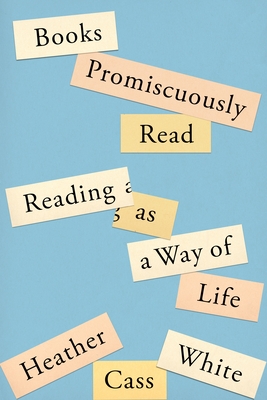What do you think?
Rate this book


176 pages, Hardcover
First published July 6, 2021
1. Reading creates minds in its image. A whole life, "right alongside the rest of [a] life," can be lived inside books. A life spent reading affirms the feeling it also creates, that books have "insides." ...
2. Readers should read. Reading is one portal among many to rich inner experience. It is one mode among many of living the life that one has, astonishingly and against all odds, been given.
"Reading without purpose is playful, and play is not easy for adults." - "Too many people actually do lack the essential conditions for reading: time and silence. These are scarce resources."Also stating that:
"All reading has to offer is a particular, irreplaceable internal experience. Readers should keep faith that the experience is enough. We should fight for it, especially if the fight is against our own sense of obligation to the world. Reading is an activity, a doing something that takes place in.. a region that is neither inside nor outside the self, but a paradoxical space that is both. It is an adult form of the dreamy, abstracted play of children..."